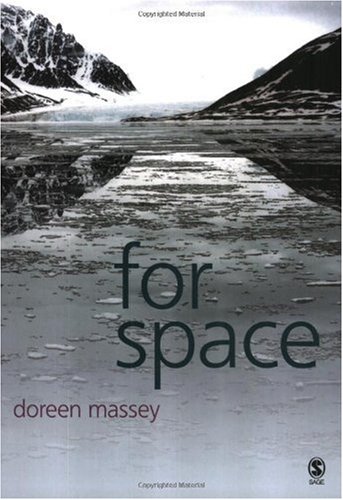

Most ebook files are in PDF format, so you can easily read them using various software such as Foxit Reader or directly on the Google Chrome browser.
Some ebook files are released by publishers in other formats such as .awz, .mobi, .epub, .fb2, etc. You may need to install specific software to read these formats on mobile/PC, such as Calibre.
Please read the tutorial at this link. https://ebooknice.com/page/post?id=faq
We offer FREE conversion to the popular formats you request; however, this may take some time. Therefore, right after payment, please email us, and we will try to provide the service as quickly as possible.
For some exceptional file formats or broken links (if any), please refrain from opening any disputes. Instead, email us first, and we will try to assist within a maximum of 6 hours.
EbookNice Team

Status:
Available5.0
40 reviewsIn this book, Doreen Massey makes an impassioned argument for revitalising our imagination of space. She takes on some well-established assumptions from philosophy, and some familiar ways of characterising the twenty-first century world, and shows how they restrain our understanding of both the challenge and the potential of space.
The way we think about space matters. It inflects our understandings of the world, our attitudes to others, our politics. It affects, for instance, the way we understand globalisation, the way we approach cities, the way we develop, and practice, a sense of place. If time is the dimension of change then space is the dimension of the social: the contemporaneous co-existence of others. That is its challenge, and one that has been persistently evaded. For Space pursues its argument through philosophical and theoretical engagement, and through telling personal and political reflection. Doreen Massey asks questions such as how best to characterise these so-called spatial times, how it is that implicit spatial assumptions inflect our politics, and how we might develop a responsibility for place beyond place.
This book is ''for space'' in that it argues for a reinvigoration of the spatiality of our implicit cosmologies. For Space is essential reading for anyone interested in space and the spatial turn in the social sciences and humanities. Serious, and sometimes irreverent, it is a compelling manifesto: for re-imagining spaces for these times and facing up to their challenge.